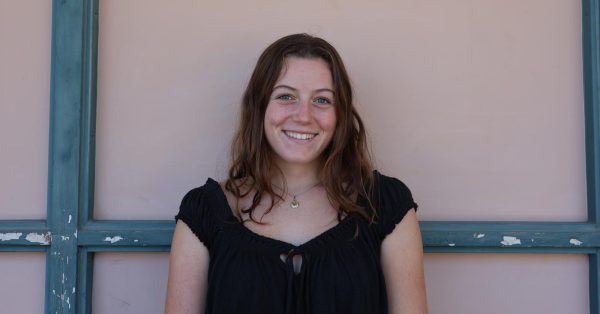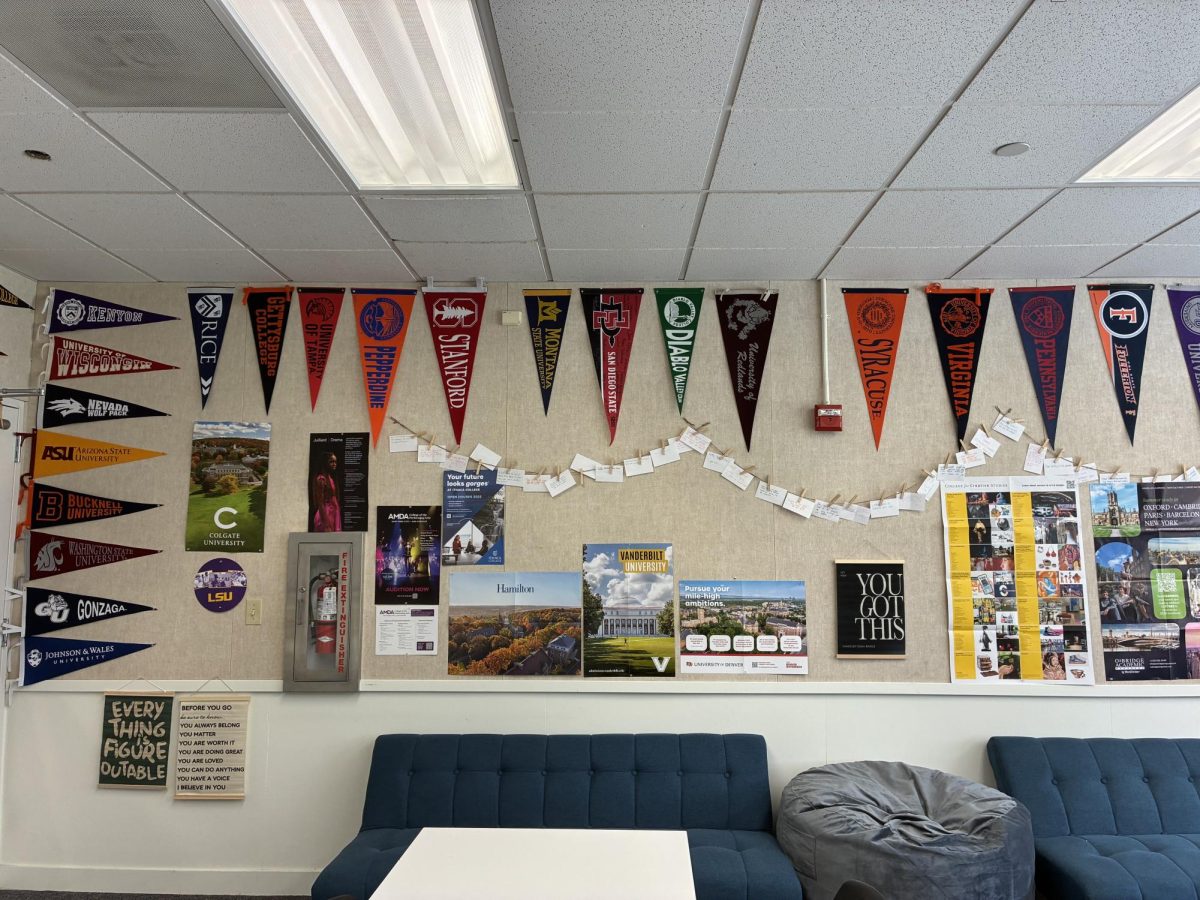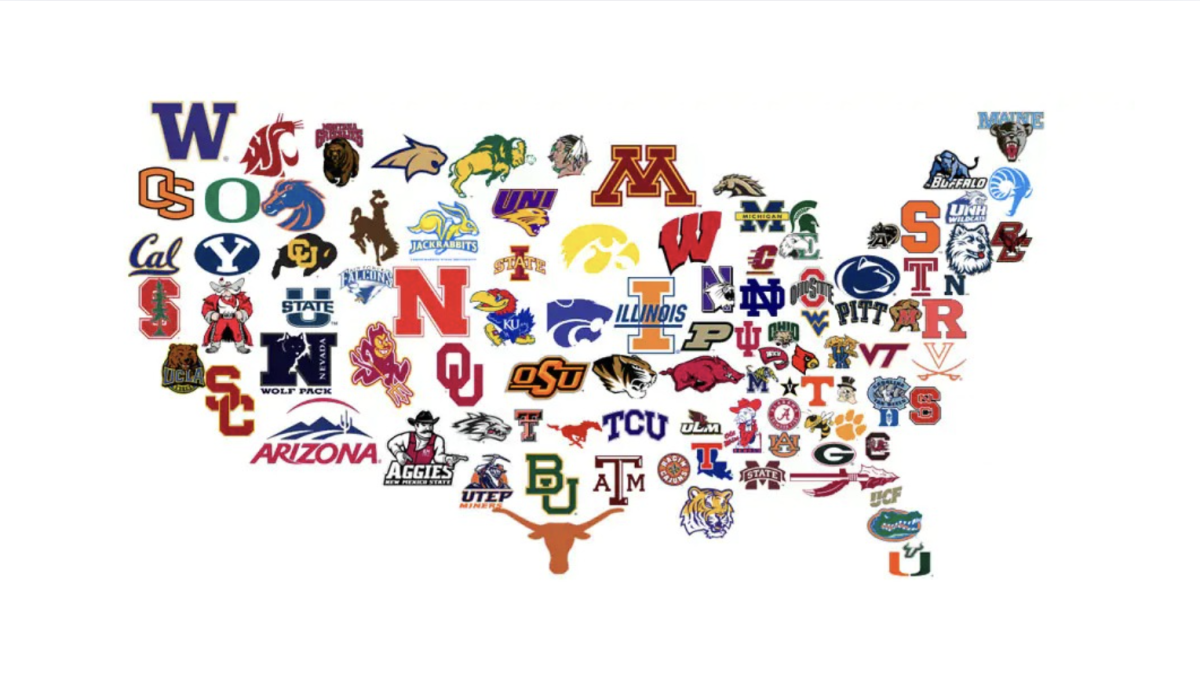As a new school year begins, a new class of students embarks on the complicated process of college applications. Until the last deadline for applications is due, seniors work for months perfecting the infamous Common Application that gets submitted to universities all over the country. Although it’s a process that students have supposedly been preparing for since freshman year, the process that application readers go through is something that is still unknown to students, regardless of how much time, effort, and energy they put in.
Every college has its own admissions committee that is composed of a diverse group of readers to ensure that the application process is as equitable as possible. Readers can be alumni, fresh out of college, or simply hired part-time to read and screen applications. The only requirement for becoming an application reader is a bachelor’s degree in a related field. Because of this, readers often come from different backgrounds, all readers have one thing in common; they want to see the story behind every single applicant. Here are some insights from real college application readers on how students can up their postsecondary game.
When reading college applications, every admissions officer looks beyond the extracurriculars, the amount of APs taken, and the amount of clubs started to see the drive behind each student. Beyond a student’s written accomplishments, readers investigate as to why the student cares about the things that they have accomplished.
Clarissa Hyde, an admissions officer at Dartmouth, started her career as a reader in October of 2023, and gives tips as to how students should approach an application. “Completely outside of the college admissions process, making an impact in your community and providing opportunities for others is a fantastic use of time. It’s a really rewarding experience that will catalyze all sorts of relationships and realizations in your life…It looks fantastic on a college application, but the experience that you gain is invaluable,” Hyde said.
Although every application is unique to the student, all submissions go through the same process.
Suzanne Cowing, a former reader for CAL and now college counselor and career consultant describes the standard process that readers go through. “All applications are read by a minimum of 2 readers, using a holistic review, which means they read everything in the context of that application,” Cowing said.
The first step of every application reader is to screen and sort all applications. Readers are assigned applications to read based on geographical region. Based on the region they are assigned, readers both read applications and visit the local high schools during rep visits, getting to know the students and local counselors. After the initial application read, which usually takes less than ten minutes, an application is sorted into categories of Accept, Deny, Likely, or Unlikely. That being said, these categories are not final. At most universities, an initial read is followed up by a second one from a different admissions officer.
There are opportunities, called Early Decision (ED), for a student to apply early to school and have their application read before general admission applications are submitted. If student’s know a school is their first choice, they can apply ED, and know if they are accepted well before spring time.
“There were a couple students in ED that I read and my jaw dropped. I was so impressed with them…we got to the Committee and some of them didn’t make it. I was heartbroken for them because I had rooted for them and knew that they had what it took to make it,” Hyde said. Early decision doesn’t apply to all schools, however. Different types of colleges have different policies and requirements. For instance, Dartmouth, like a lot of small, private, colleges does allow ED’s. This differs from the UC system, which doesn’t have an early admissions system. When applying to a UC, all students submit an application in the general admissions category. Additionally, unlike most colleges, UC’s ignore test scores, such as the ACT or SAT, and letters of recommendation. Instead, they focus on a student’s grade point average, the amount of AP’s taken, and extracurriculars. Unlike most private schools, UC’s are also race blind, meaning they don’t account for a student’s ethnicity when going through the acceptance process. All of these factors affect how applications are read and processed in different colleges.
After the reading process, at almost all universities, the application committee convenes. The admissions officers consider test scores, schedule rigor, and the comments from the initial readers, and will ultimately decide if an applicant is accepted or denied.
Throughout the admissions process, officers look for the same thing, which is to see not just the accolades a student receives, but who they are as an individual.
“I would say that the most important thing that you can do in your college application and in your high school career is be yourself and to be authentic,” Hayne said.








